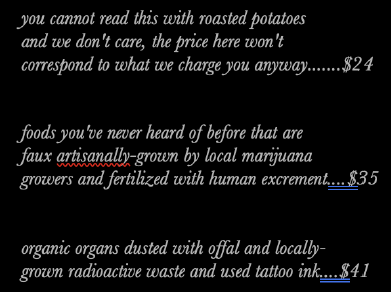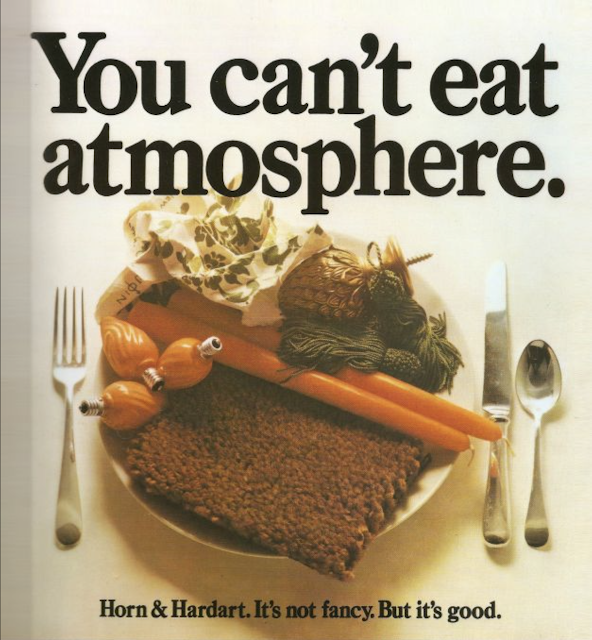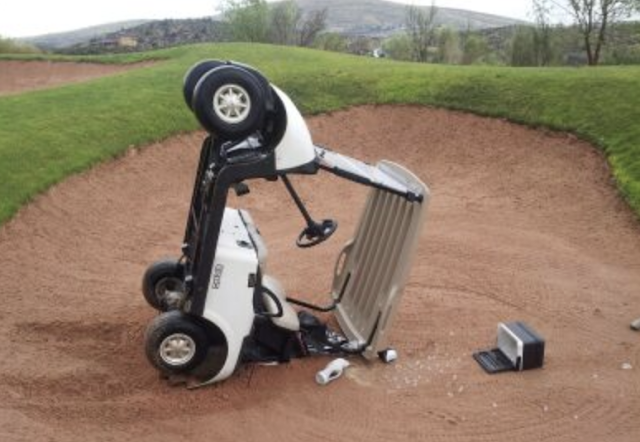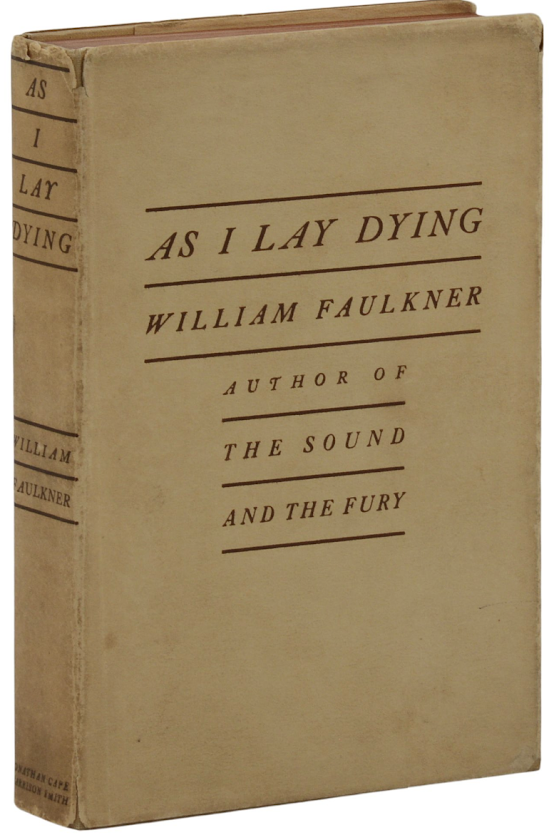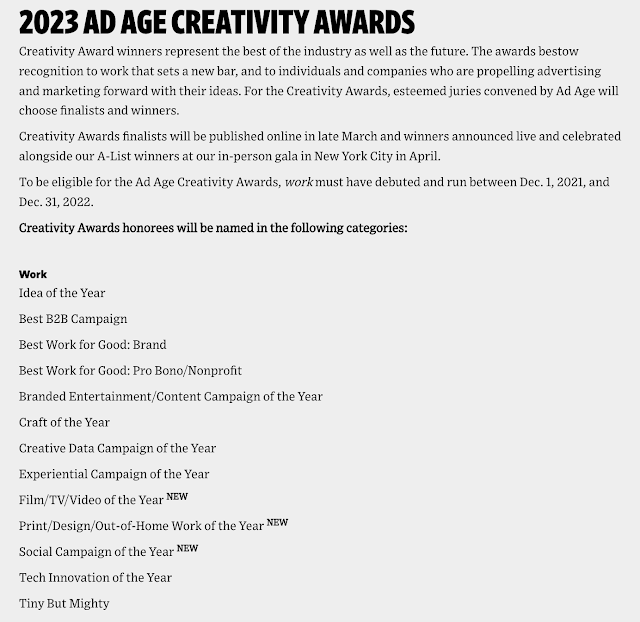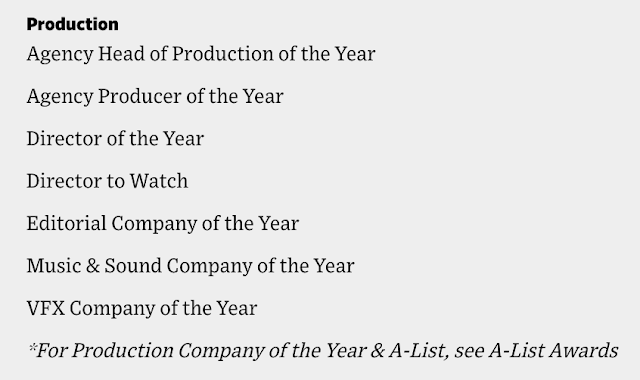Fuck
machines.
Fuck
the people, the money-crazed, the arbitraged, the perpetually optimizing,
the
squeezers,
the
tweezers,
the
shareholder pleasers,
who pillage
us,
who
steal our data and get rich off it,
again
and again and again,
selling
it to anyone who will buy it
for any
purpose,
good or
mostly bad,
to
fatten their billionaire bitcoin accounts
and
moving on to the next victim or victims or people
or
class or community or nation or global economy,
before
they crash that and move onto the next rotten sphere
and steal
their way upwards to mammon once again.
Fuck
the machines,
the
trillionaires who demand bridges be rebuilt because their
300-foot
yachts are too big to sail beneath,
spewing
carbon and the ashy detritus of lives wherever they go,
they
destroy the past and the future with their
mechanizing
mechanisms of mass mechanized destruction.
Fuck
the machines,
who
have eaten our privacy in return for our
complicity
in destroying democracy,
in destroying
responsibility,
in
destroying integrity, honesty, kindness,
destroying
any sort of evaluation that isn't built
on a
machine-made calculus of graft and greed and grime.
And
lies with the longevity of volcanic rock,
never
eroding lasting longer than Pompei
and ode
to the persistent plump of persevering pomposity.
Fuck
the machines who give to their creators,
or
those who stole credit for their creation,
ninety-nine
dollars and seventy-five cents out of every hundred dollars,
leaving
ninety-nine point seven five people without health, without hope,
without
a chance in hell to escape the machine made
interstices
that have tied up humanity in their pixeled possessive paws.
Fuck
the machines
who
have processorized work and working into
a
maelstrom of meetings and spreadsheets where
the
greatest action and reaction comes from pushing the
same
piece of digital paper up a Sisyphusian hill until the
end of
time or until you reach age thirty-seven-and-a-half,
whichever
comes first and they throw you out like
a
cosmic apple core browning and stinking to oblivion.
Fuck
the machines,
who
have calculated the cost of everything,
never
recognizing the value of anything.
Who
have binaried you balls to smithereens eliminating
love
and lust and laughter from all life and long as we no longer live.
Fuck the machines,
who
make sure a complaint is never solved,
a
question is never answered and
satisfaction
is as ancient a relic as a long-fanged asp at Cleopatra's lily breast.
Fuck
the machines,
that
make sure everything,
every
plane trip, every meal, every hotel
room,
every piece of particle board humanity we are
induced to purchase
is as decrepit and dumbed down as the last ding-dong
of doom.
Fuck the machines.
Their insectization of our entire species,
where their promises of ease and comfort and quiet
and rest
has created
with their mechanized menace
the soul-chomping opposite,
eating our hopes and loves and dreams and entire
planet so
they, machines, can grow bigger and stronger as they
grow
ever more all-consuming.
Fuck the machines
who trade our bodies for their bots.
That would turn you into a rusty cog,
dead and deadly,
lifeless and limp,
turning and spinning and whirring and
throwing off grey sparks until your gears are sanded
down
and insaned and you
are nothing more than
digital disposable detritus
fucked by the human consumption machine
that takes your heart,
takes your love,
takes your soul,
takes your ambitions, hopes, dreams, fears, laughter
and hate,
and uses them as fuel
to run itself in
perpetual motion,
its perpetual motion fueled by your perpetual
inertia.
Fuck the human eating,
love eating
future eating,
got you dead and bleeding,
leave you always poor and needing,
soul-receding,
can't hear your pleading,
machine.
Fuck machines using humans.
Fuck machines transforming us into their tools.
Fuck machines eating our data, our privacy, our
creativity, our jobs, our lives.
We are humans.
Imperfect.
Silly.
Wrong-headed.
Angry.
Stupid.
Mistake-ridden.
Human.
Us.
Human.
You and me.
Human







